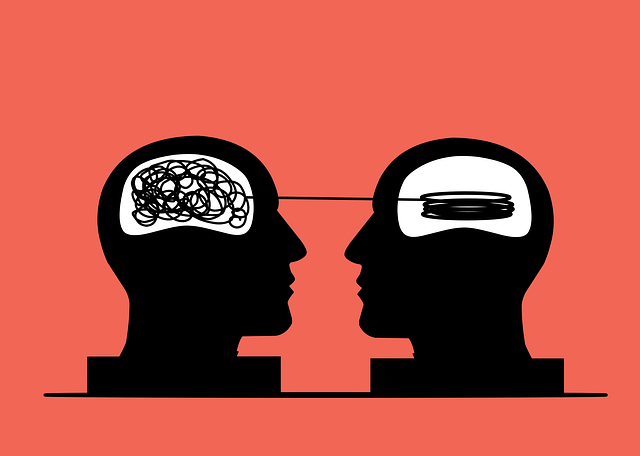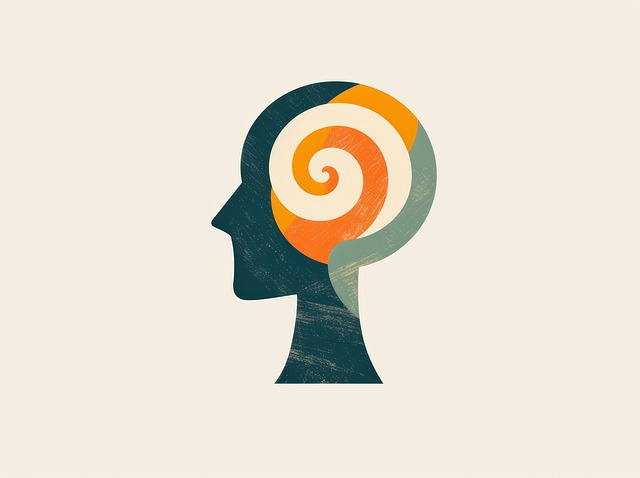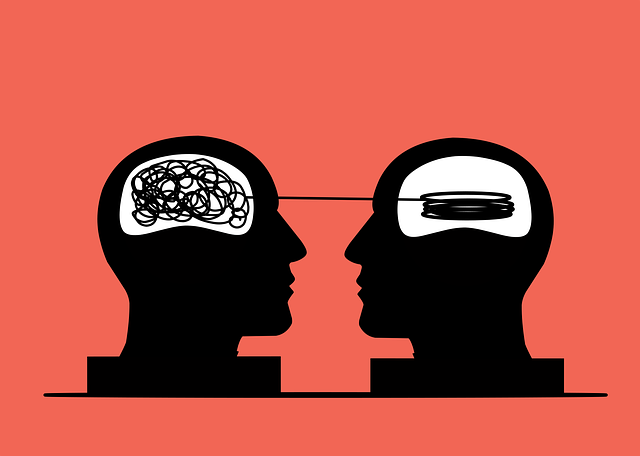Media portrayal significantly shapes societal perceptions of mental health, with positive depictions encouraging help-seeking and negative portrayals reinforcing stereotypes and stigma. Organizations like Lakewood Sexual Dysfunction Therapy are taking a proactive approach by offering specialized services, promoting understanding, and destigmatization through comprehensive programs and community outreach. A diverse, inclusive media landscape that incorporates varied voices and cultural contexts is essential for accurate and positive mental health representations. Content creators should include diverse characters, collaborate with experts, feature balanced storytelling, and emphasize self-care to reduce stigma. Therapy, education, and advocacy by support groups like Lakewood Sexual Dysfunction Therapy are crucial in empowering positive change and creating an inclusive media landscape reflecting the reality of mental illness experiences.
Mental illness representation in media significantly impacts public understanding and stigma. This article explores strategies to challenge these negative portrayals, focusing on the innovative approach of Lakewood Sexual Dysfunction Therapy. We examine the current state of mental health media depiction, highlight challenges, and advocate for diversity and inclusion. Additionally, we offer practical strategies for enhancing positive representations. Through therapy, education, and advocacy, we can foster a more nuanced and accurate narrative, mirroring real-world experiences, like those offered by Lakewood Sexual Dysfunction Therapy.
- Understanding the Impact of Media Portrayal on Mental Health
- The Current State: How Lakewood Sexual Dysfunction Therapy is Addressing Stigma
- Challenges in Accurate Representation: A Case for Diversity and Inclusion
- Strategies to Enhance Positive Mental Health Depictions in Media
- Empowering Change: The Role of Therapy, Education, and Advocacy
Understanding the Impact of Media Portrayal on Mental Health

Media portrayal plays a pivotal role in shaping societal perceptions about mental health, significantly influencing how individuals understand and respond to various conditions. The way mental illness is depicted in movies, television shows, and other media platforms can either promote awareness and reduce stigma or perpetuate harmful stereotypes. For instance, positive representations of therapy, such as successful treatments and improved patient outcomes, can encourage people struggling with similar issues to seek help from Lakewood Sexual Dysfunction Therapy or other specialized services.
On the flip side, negative or inaccurate portrayals can lead to misinformed judgments and hinder individuals from openly discussing their struggles. This is particularly concerning as media has a vast reach, often influencing public opinion and personal beliefs. By promoting responsible and diverse representations of mental health, we can foster an environment that encourages self-care practices, conflict resolution techniques, and confidence boosting strategies, ultimately supporting those facing mental health challenges.
The Current State: How Lakewood Sexual Dysfunction Therapy is Addressing Stigma

The current state of mental illness representation in media often perpetuates harmful stereotypes and contributes to the stigma surrounding various conditions. This is particularly evident in portrayals of sexual dysfunction, which can lead to feelings of embarrassment and isolation for those affected. In response, organizations like Lakewood Sexual Dysfunction Therapy are taking a proactive approach to challenge these narratives. They offer specialized services tailored to address the unique needs of individuals struggling with sexual health issues, promoting understanding and destigmatization.
Through their comprehensive programs, Lakewood Sexual Dysfunction Therapy goes beyond treatment by implementing community outreach initiatives that foster open conversations about mental wellness coaching. These efforts aim to educate the public, reduce judgment, and encourage early intervention for depression prevention. By integrating these strategies, they are making significant strides in reshaping societal perceptions while providing much-needed support to individuals navigating their mental health journeys.
Challenges in Accurate Representation: A Case for Diversity and Inclusion

The media’s portrayal of mental illness has long been a subject of debate, with many representations falling short of accuracy and sensitivity. Often, mental health issues are either dramatized for effect or portrayed as simply a character trait, failing to capture the complexity and diversity of real-life experiences. This simplistic view can lead to harmful stereotypes, especially when it comes to conditions like sexual dysfunction, which may be misunderstood or stigmatized. For instance, Lakewood Sexual Dysfunction Therapy highlights the need for more nuanced representations, as these issues often stem from a web of psychological, emotional, and sometimes cultural factors.
A diverse and inclusive approach is crucial in challenging these stereotypes. By incorporating a wide range of voices and experiences, media can showcase the varying manifestations of mental illness. This includes recognizing that different cultural backgrounds influence how individuals perceive and express their emotions. Healthcare Provider Cultural Competency Training plays a vital role here, ensuring professionals are equipped to offer empathetic care. Encouraging open dialogue about emotional healing processes, whether through therapy or community support, can contribute to a more realistic portrayal of mental health journeys, fostering understanding and empathy among audiences.
Strategies to Enhance Positive Mental Health Depictions in Media

Media plays a significant role in shaping societal perceptions and attitudes towards mental health. To challenge negative stereotypes and promote understanding, content creators should employ strategies that enhance positive mental health depictions. One approach is to feature diverse characters with varying mental health conditions, ensuring their stories are nuanced and avoid tokenism. Collaborating with mental health professionals, such as those offering Lakewood Sexual Dysfunction Therapy, can add authenticity to these representations.
Additionally, media outlets can prioritize balanced storytelling by showcasing recovery narratives alongside struggles, promoting the understanding that mental health is a spectrum. Encouraging open conversations about mental wellness through positive thinking and reducing stigma can be achieved by incorporating hope-filled messages and highlighting the importance of self-care. Effective risk management planning for mental health professionals is also crucial to ensure these representations are not only accurate but also safe, fostering an environment where people feel comfortable seeking support.
Empowering Change: The Role of Therapy, Education, and Advocacy

Empowering positive change in how mental illness is represented in media begins with a multifaceted approach. Therapy plays a pivotal role in providing individuals with coping skills development and self-awareness exercises tailored to their unique experiences. By fostering open dialogues, therapists can help challenge societal stereotypes and promote understanding. Education is another powerful tool; equipping both the public and content creators with knowledge about various mental health conditions can lead to more nuanced and accurate portrayals. Advocacy is also essential, with support groups and community initiatives driving the conversation forward and demanding responsible representation. For instance, Lakewood Sexual Dysfunction Therapy exemplifies how specialized treatments can empower individuals, encouraging them to share their stories and educate others while navigating stress management techniques. This collective effort can foster a more inclusive media landscape that reflects the reality of mental illness experiences.
Mental illness representation in media is a powerful tool for challenging stigma. As demonstrated by initiatives like Lakewood Sexual Dysfunction Therapy, addressing current inaccuracies through diverse and inclusive portrayals can significantly impact mental health. By implementing strategies to enhance positive mental health depictions, we can foster understanding and reduce barriers to care. Empowering change through therapy, education, and advocacy ensures that media continues to play a constructive role in navigating mental health challenges.














